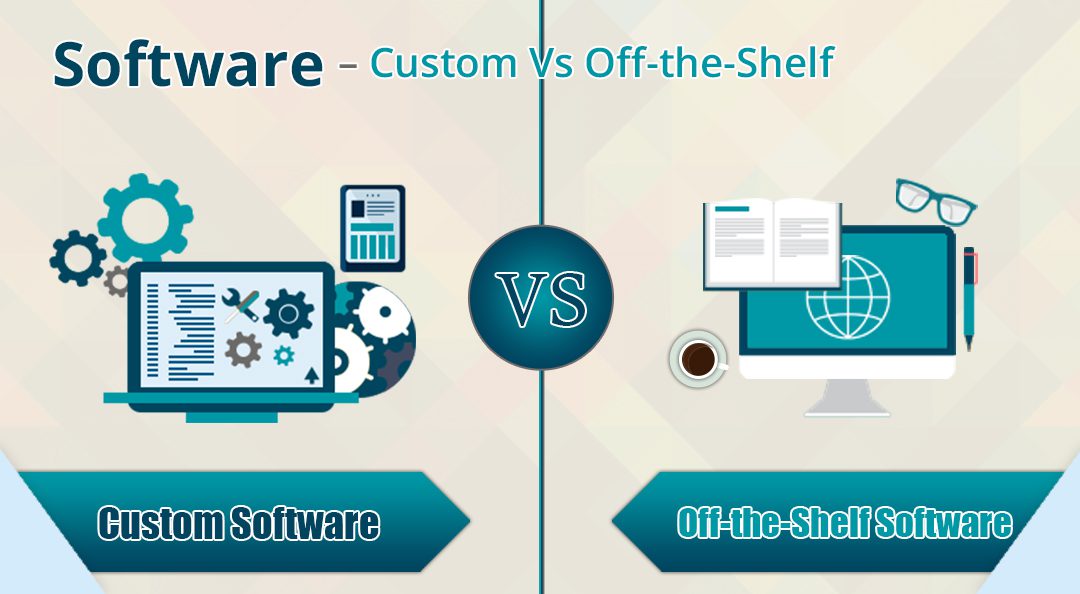
Software development, a field once dominated by in-house teams and conventional project management, has undergone transformative changes over the past few decades. Among these changes, the advent of outsourcing in software development has emerged as a significant trend. Outsourcing, or the practice of obtaining services from an external provider, has found its way into the core of the software development industry, prompting a paradigm shift in how businesses operate and strategize.
The Rise of Software Development Outsourcing
The popularity of software development outsourcing is attributable to a host of factors. Primarily, it allows organizations to tap into a vast pool of global talent without the overheads associated with maintaining an in-house team. Companies such as Alibaba and Slack are prime examples of businesses that have harnessed the power of outsourcing to develop robust, high-functioning software systems.
Moreover, software development outsourcing offers unprecedented flexibility. Organizations can scale their software development efforts up or down based on project requirements, thereby maintaining optimal productivity and cost-effectiveness. This flexibility extends to the choice of the technology stack as well, as businesses are no longer constrained by the skill set of their in-house team.
Benefits of Outsourcing in Software Development
Outsourcing in software development comes with a plethora of benefits. In addition to cost-effectiveness, outsourcing facilitates access to a global talent pool that may otherwise be inaccessible. It also provides flexibility in scaling operations based on project requirements, providing a competitive advantage in the ever-evolving technological landscape.
Outsourcing also offers a range of value-added services, such as project management tools, which can help to streamline operations and maximize efficiency. Organizations that partner with external service providers are able to benefit from the provider’s specialized experience in problem-solving and technical support.
Access to global talent
Outsourcing opens doors to a vast pool of professionals from around the world, bringing diverse expertise and skills to a project.
Cost-effectiveness
With outsourcing, organizations can save on operational costs, including salaries, benefits, and infrastructure related to maintaining an in-house team.
Flexibility and scalability
Businesses can easily adjust the scale of their software development efforts based on project requirements without any significant operational disruptions.
Focused core activities
Outsourcing allows organizations to focus on their core competencies while leaving the intricate task of software development to experts.
Efficient project management
Many outsourcing partners offer project management tools and platforms to streamline operations and enhance productivity.
Risk mitigation
The responsibility for risks associated with software development is shared with the outsourcing partner, reducing potential impacts on the business.
Faster time-to-market
By leveraging the expertise of the outsourcing partner, businesses can accelerate the development process and bring products to market quickly.
24/7 operations
With teams operating in different time zones, software development can continue round-the-clock, increasing productivity and reducing turnaround times.
Access to the latest technology
Outsourcing partners often have access to the latest development tools and technologies, keeping the business at the forefront of industry advancements.
Impact of Outsourcing on the Software Development Industry
The influence of outsourcing on the software development industry is undeniably profound. It has not only changed the way organizations manage their resources but also expanded opportunities for collaboration and innovation. For instance, companies like GitHub and Basecamp have leveraged outsourcing to drive their growth and bolster their market position.
Outsourcing has further led to an increased focus on niche skill sets, such as data science and artificial intelligence. As software development increasingly becomes an integral part of organizations’ daily operations, outsourcing will become even more essential in helping businesses stay ahead of the competition.
Trends in Software Development Outsourcing
As the realm of software development continues to evolve, so do trends in outsourcing. With the advent of technologies such as automation and cloud computing, along with the adoption of agile methodologies, outsourcing is becoming more streamlined and effective. These innovations are shaping the future of software development, with outsourcing at the helm.
In the future, software development outsourcing will be more tailored to fit a company’s specific needs. Automation is also expected to become an even larger part of this process, reducing manual labor and increasing speed and efficiency. Furthermore, cloud-based platforms are becoming increasingly popular due to their scalability and flexibility, allowing organizations to plug into existing infrastructure instead of developing their own.
Key takeaways from the evolving trend of software development outsourcing can be summarized as follows:
Automation
The future of software development outsourcing will see an increased reliance on automation tools. This will not only reduce manual labor but also enhance the speed and efficiency of software development processes.
Cloud-based platforms
Outsourcing is moving towards cloud platforms due to their scalability and flexibility. These platforms allow organizations to utilize existing infrastructure, thereby avoiding the costs and resources associated with developing their own.
Specialization
There will be a growing demand for specialized skill sets in areas such as machine learning and natural language processing. Companies will increasingly turn to outsourcing to access these specialized skills.
Agile methodologies
Agile methodologies are becoming more crucial in software development outsourcing. They enable businesses to adapt quickly to changing customer demands and market trends, driving efficiency and productivity in the software development process.
The Future of Outsourcing in Software Development
As we look toward the future, it becomes increasingly evident that the trend of software development outsourcing is poised to continue growing. The post-pandemic era has underscored the feasibility and efficiency of remote work, further catalyzing the shift towards outsourcing. The global marketplace is expected to see a surge in the demand for niche skills and expertise, which will further propel the outsourcing trend.
The advent of emerging technologies such as Artificial Intelligence, Machine Learning, and Blockchain is forecasted to reshape the outsourcing industry. These technologies will drive the demand for specialized skill sets, and businesses will likely look to outsourcing as a solution to meet these needs. Thus, the future of software development appears to be increasingly intertwined with outsourcing, creating a symbiotic relationship that is set to shape the industry for years to come.
Software development outsourcing is a strategic tool that continues to transform the landscape of the industry. As businesses strive to remain competitive in the digital age, outsourcing emerges as a key enabler, providing access to global talent, specialized skills, and cost-effective solutions. The future of software development lies in harnessing the power of outsourcing to drive innovation, efficiency, and growth.
Conclusion
In conclusion, software development outsourcing is a transformative force that has reshaped the industry. As businesses continue to recognize the benefits and potential of outsourcing, it is poised to play an even more significant role in the future of software development. As such, the industry must prepare for a future where outsourcing is not just an option, but a strategic necessity.
Author Bio:
Arjun Solanki is a Business Growth Strategist at a Leading Software Development Company. He has experience in developing and executing digital strategies for large global brands in a variety of business verticals. Apart from working on a long-lasting relationship with customers and boost business revenue, he is also interested in sharing my knowledge on various technologies and its influence on businesses through effective blog posts and article writing.








